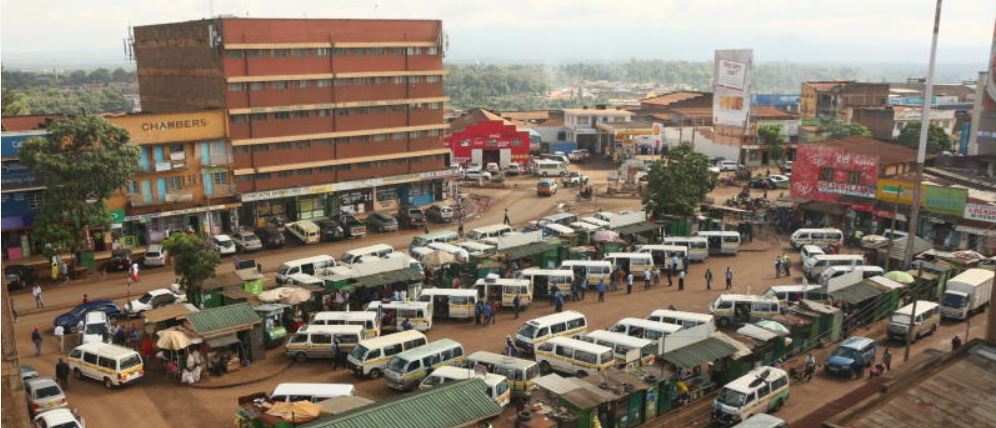×
The Standard e-Paper
Join Thousands Daily

Once devolution was embedded in the 2010 Constitution, Nyeri County was ripe with expectations that real estate development would rise.
Considered a strategic region in Central region - having been the provincial headquarters in the previous administrative structure - Nyeri was viewed by investors as having potential for high returns.